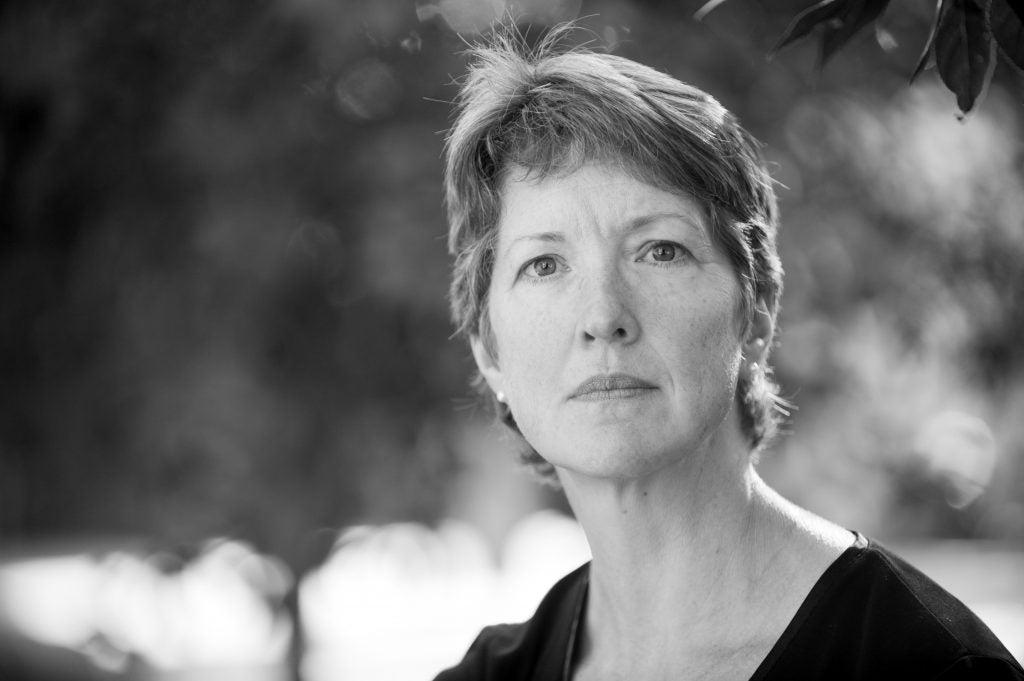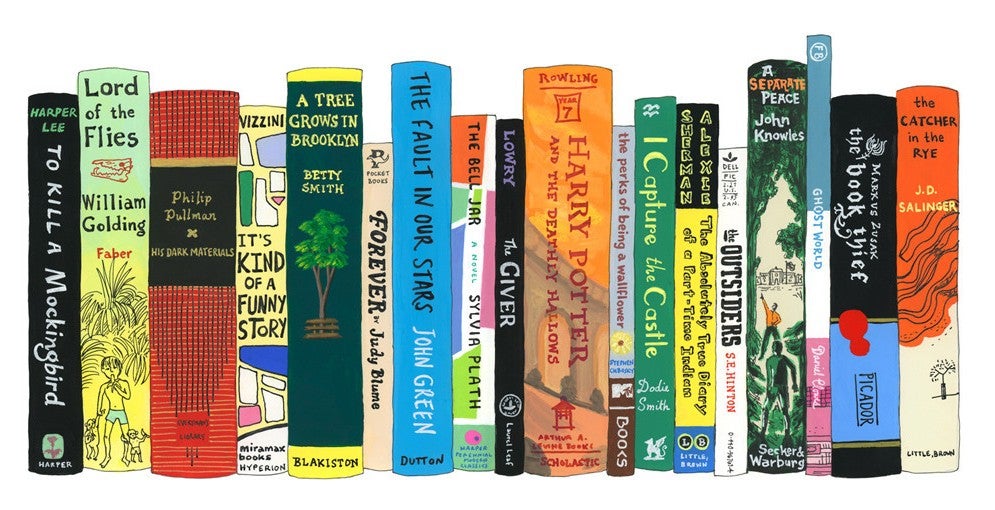A Craft Review of Books: First Picks of 2016
The use of foreign language in this book is worth mentioning—Greenwell includes Bulgarian not just as a cheap device to evoke place (although it does lend the story much realism and authority). The words are deployed with poetic precision: such as in the rhythm of chakai, chakai, chakai (wait, wait, wait); they are used to characterize people, such as Mitko’s love for the word podaruk (gift); and to reflect the narrator’s to make sense of his world (strahoten means awesome, a word “built from a root signifying dread”). Most importantly, it is used to cut deeper into the core of the narrator’s emotional question: priyatel means both friend and lover—which one is he really to Mitko?
A Craft Review of Books: First Picks of 2016 Read More »
The use of foreign language in this book is worth mentioning—Greenwell includes Bulgarian not just as a cheap device to evoke place (although it does lend the story much realism and authority). The words are deployed with poetic precision: such as in the rhythm of chakai, chakai, chakai (wait, wait, wait); they are used to characterize people, such as Mitko’s love for the word podaruk (gift); and to reflect the narrator’s to make sense of his world (strahoten means awesome, a word “built from a root signifying dread”). Most importantly, it is used to cut deeper into the core of the narrator’s emotional question: priyatel means both friend and lover—which one is he really to Mitko?








